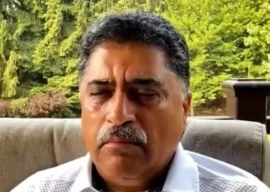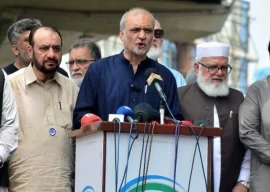
Recently, Pakistan Poverty Alleviation Fund (PPFA), organised its first international conference on research and learning. Delegates from different countries, as well as Country Director of the World Bank Rachid Benmessaoud, participated in the two-day conference. He stated at the conference that sharing and learning from research work is fundamental to refining policies and programmes aimed at community empowerment and poverty reduction. This helps highlight the importance of meaningful research in Pakistan.
Findings of various important research studies conducted in collaboration with The World Bank’s Development Economics Research Group done over past few years were shared at the conference. The studies had a practical approach and were not just an addition to bookish knowledge. The studies presented at the conference assessed and evaluated the benefits of various community-driven development programme components implemented by PPFA. Findings and new research projects from PPAF’s other research partnerships with institutes like Center for Economic Research in Pakistan (CERP), Consultative Group to Assist the Poor (CGA), Lahore School of Economics and Oxford University were also presented, discussed and shared with a wider audience.
Findings of some research studies were quite interesting. Some show that offering business training to male microfinance clients leads to increased business knowledge, better business practices, and increase in household expenditures. The study, on the other hand, show that female microfinance clients do not lead to the same results. Another study showed that participation in community organisations is strongly conditioned by land ownership, education and relationship to traditional village leaders and local politicians. The organisers of the conference spoke about the lessons learned from research studies, which are being utilised for improved design and planning of development projects to enhance effectiveness. They said such studies also lead to achievement of overall goal of poverty alleviation.
The workshop was a good step towards acknowledging the efforts of those who believe in finding solutions to problems through research. Other organisations, especially our academics, should also follow suit and hold such conferences so that the research studies have a practical orientation and cater to solutions of societal problems.
Published in The Express Tribune, May 8th, 2014.










1722244248-0/tlprrt-(1)1722244248-0-270x192.webp)







COMMENTS
Comments are moderated and generally will be posted if they are on-topic and not abusive.
For more information, please see our Comments FAQ